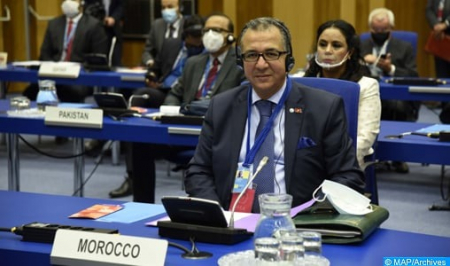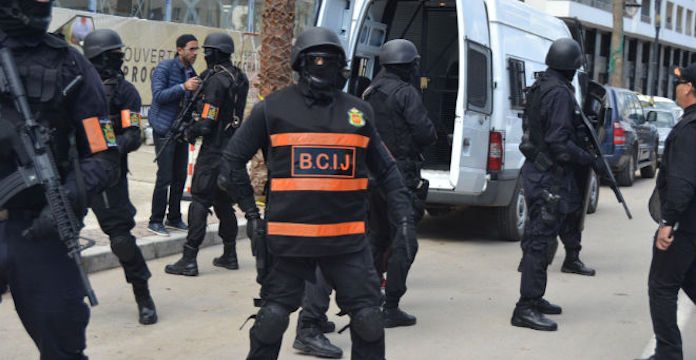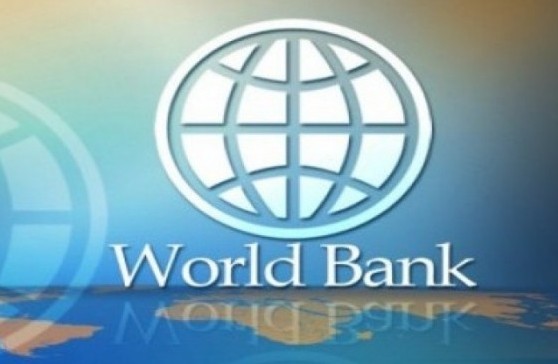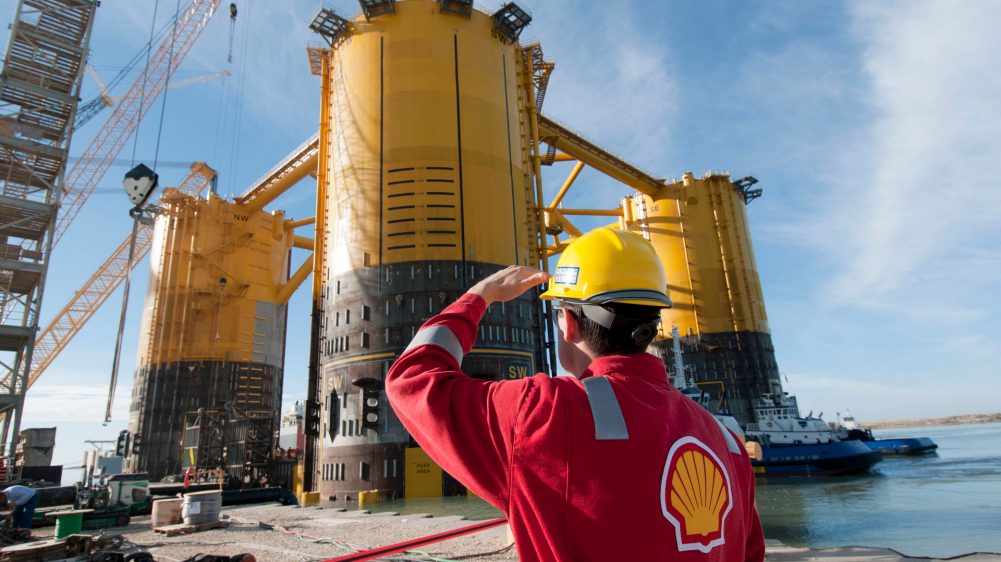Morocco has called on Tuesday for the creation of a zone free of nuclear weapons and other weapons of mass destruction in the Middle East, seeing it as fundamental to peace and security in the region.
The call was launched by Morocco’s permanent representative in Vienna, Azzeddine Farhane, when he was presenting the Kingdom’s statement at the first session of the Preparatory Committee for the 2026 review conference of the parties to the treaty on the Non-Proliferation of Nuclear Weapons.
“Morocco is convinced that the creation of a zone free of nuclear weapons and other weapons of mass destruction in the Middle East is fundamental to peace and security in this region, and is most urgently needed as part of a regional approach to international peace and security,” the diplomat stressed.
Speaking on the Agenda item 4 “general debate”, the diplomat underlined that “Morocco remains convinced that this objective can only materialize with the commitment of all the States of the region”.
In this regard, Farhane expressed Morocco’s concerns regarding the recent ballistic missile launches carried out in violation of Security Council resolutions, calling for dialogue and supporting the efforts of the Security Council to achieve a long-lasting solution to restore peace on the Korean peninsula.
The Permanent representative further highlighted that the Preparatory Committee’s session was taking place in an international context marked by uncertainty and major disarmament and non-proliferation concerns, deeming it as “an opportunity to renew, more than ever, our commitment to strengthening the 3 pillars of the NPT.”
Regarding disarmament, Farhane underscored that, more than half a century ago, a consensus emerged within the international community around a multilateral instrument, to serve the noble goal of international peace and security, and to foster conditions conducive to the development of Nations.
Yet, he added, nuclear arsenals have continued to be modernized, developed, in violation of the letter, spirit and purpose of the Treaty, thus exacerbating tensions and precipitating the deterioration of the confidence.
“The persistent deadlock of UN Disarmament Conference, the lack of tangible progress in terms of commitments made under Article VI of the Treaty, as well as the risk of weapons of mass destruction falling into the hands of non-state actors, are all worrying factors that requires collective actions in demonstration of good faith, responsibility and commitment”, Farhane stressed.
Morocco regrets that, 25 years after it was opened for signature, the Nuclear Test Ban Treaty (CTBT) has not yet entered into force, and that its universality still seems an elusive goal, deplored the diplomat, underlining the Kingdom’s firm and permanent commitment to regional and international disarmament and non-proliferation efforts, as well as its attachment to the goal of achieving a world free of nuclear weapons, to which we all aspire.
The Kingdom’s strong conviction in this regard was evident during its chairmanship of the 1st Committee of the 76th session of the United Nations General Assembly, he stressed.
Concerning “non-proliferation”, the diplomat recalled that Morocco is party to all international instruments aimed at eliminating the Weapons of Mass Destruction. Furthermore, Morocco adheres and supports international initiatives aimed at strengthening dialogue and confidence with a view to achieving a world free of nuclear weapons.
Building on this commitment, Farhane evoked Morocco, chairing the 64th Session of the General Conference of the IAEA in 2020, and contributing to the promotion of dialogue for reinforcing the international regime of nuclear security and safety.
In this vein, the diplomat underlined Morocco’s ratification of the Treaty of Pelindaba establishing an African Nuclear-Weapon-Free Zone, affirming the kingdom’s steadfast conviction that the creation of such zones contributes to peace and security both at the regional and international levels.



